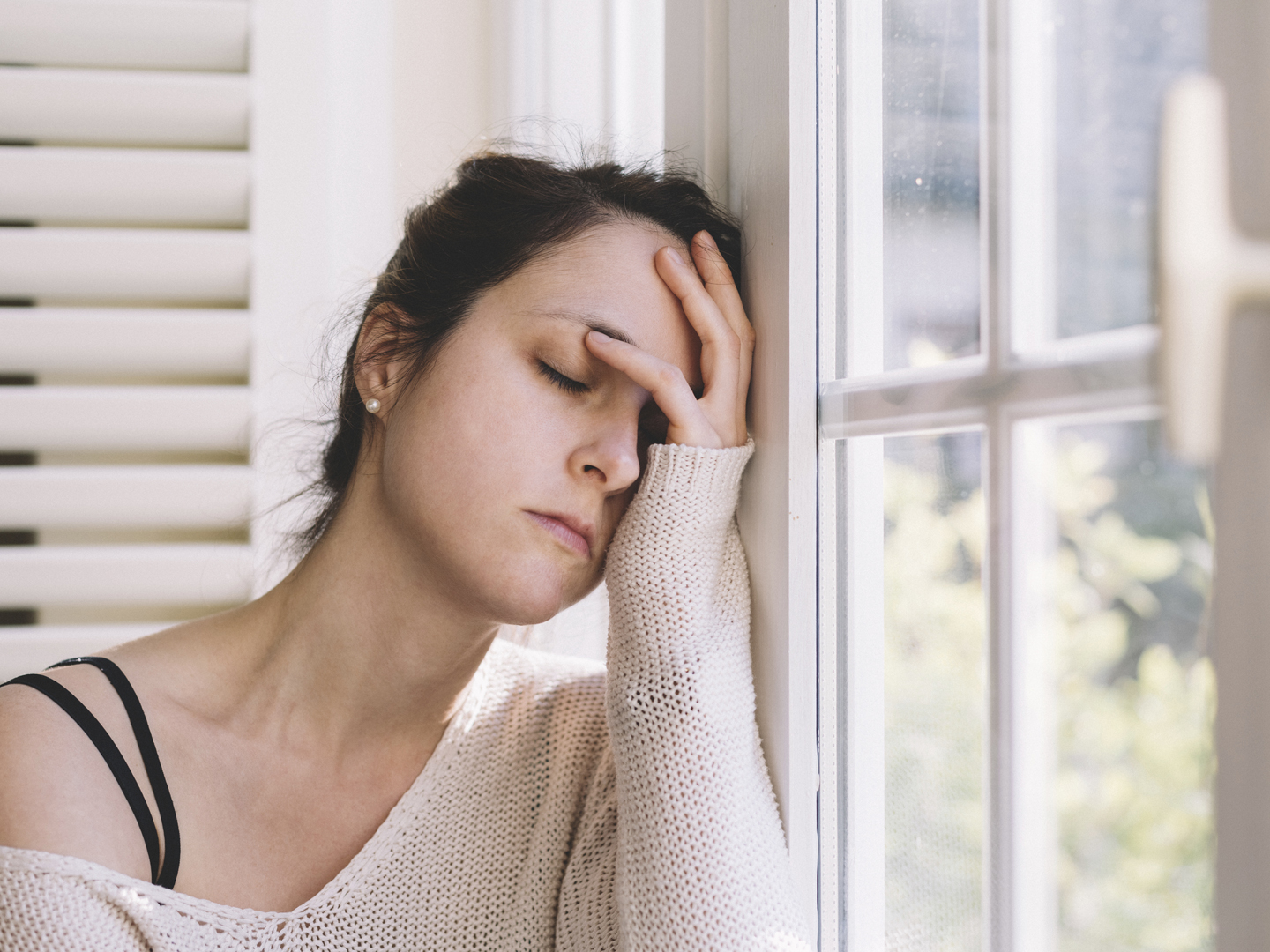Losing Out on REM Sleep?
I heard that in his last days of life Michael Jackson had no REM sleep because the drugs he was taking prevented it. Can you tell me why REM sleep is so important and why you can die when you go too long without it?
Andrew Weil, M.D. | September 3, 2013

REM (rapid eye movement) sleep is the phase during which we dream. According to the National Sleep Foundation (NSF), we spend about 25 percent of our time asleep in the REM phase. This begins about 90 minutes after falling asleep and recurs about every 90 minutes, lasting longer later in the night. In addition to promoting dreams, REM sleep appears to provide a restorative function for both the brain and body. During this phase our eyes dart back and forth, and the body becomes immobile and relaxed, as muscle contractions are inhibited. REM sleep also supports optimal daytime performance, both mentally and physically.
Propofol, the surgical anesthetic Michael Jackson took for the 60 nights before he died in June 2009, robbed him of REM sleep, according to Harvard Medical School sleep expert, Dr. Charles Czeisler, who testified at the wrongful death trial of Jackson’s concert-promoting company, AEG Live. Jackson’s mother and children filed suit against AEG Live, contending the company is liable in the singer’s death because it hired, retained or supervised Dr. Conrad Murray, the physician who has been convicted of involuntary manslaughter in connection with Jackson’s death.
Lack of REM sleep might have contributed to Jackson’s death, Dr. Czeisler testified. He said that lab rats die after five weeks of going without REM sleep, adding that depriving a human of it for long periods of time to see what happens hasn’t been tried. Although propofol leaves people feeling refreshed when they wake up, Dr. Czeisler said that the sleep they get when taking the drug isn’t equal to genuine sleep in that the vital nightly repair of brain cells doesn’t take place. Over time, REM sleep deprivation can make you paranoid, anxious, depressed, unable to learn, and distracted. Other symptoms include loss of balance and appetite, slowed physical reflexes and dramatically heightened emotional responses. According to accounts from the trial, Michael Jackson displayed such symptoms in the last weeks of his life.
Propofol isn’t the only drug that suppresses REM sleep and dreaming. Many medications used to help you sleep also suppress dreaming, as do many antidepressant drugs and alcohol. I believe that dreaming matters to our health. Rubin Naiman, Ph.D., a sleep and dream expert on the clinical faculty of the Arizona Center for Integrative Medicine, views dreaming as “a kind of psychological yoga,” that contributes to emotional wellness. He says that dreams “in the first part of the night appear to process and diffuse residual negative emotion from the waking day; dreams later in the night then integrate this material into one’s sense of self.”
Andrew Weil, M.D.









